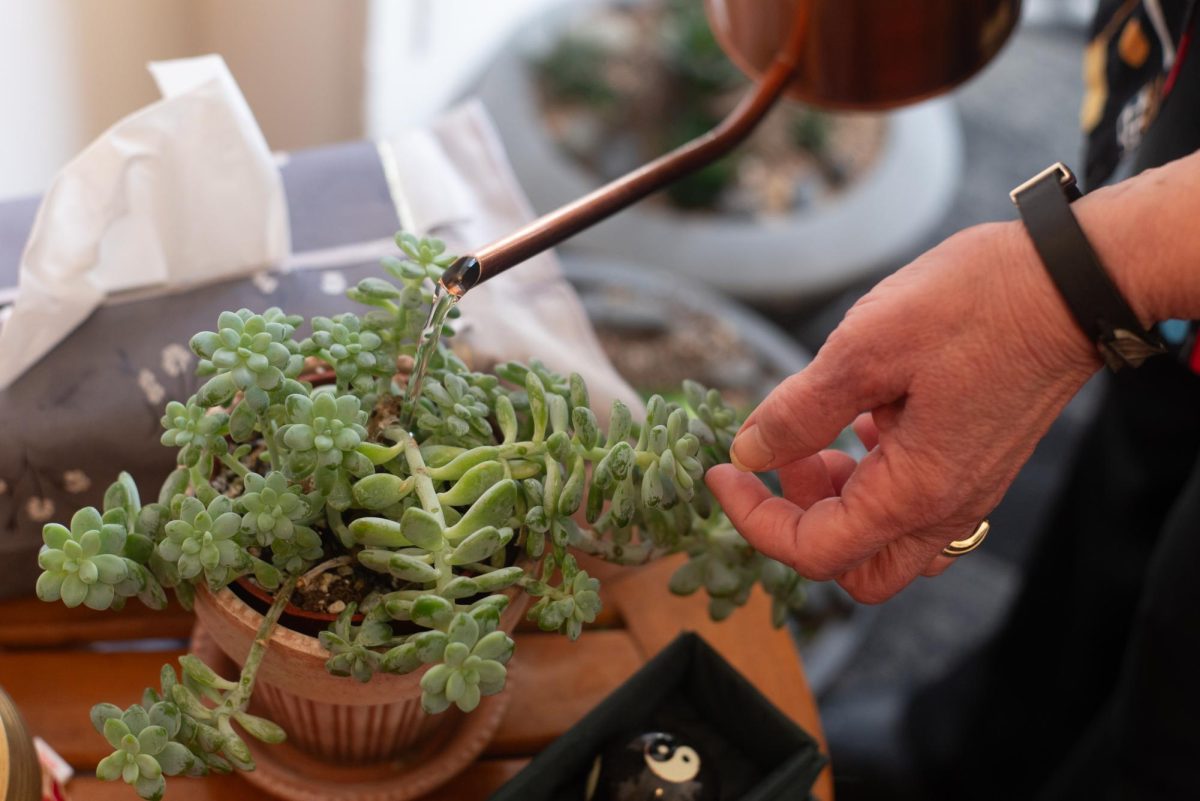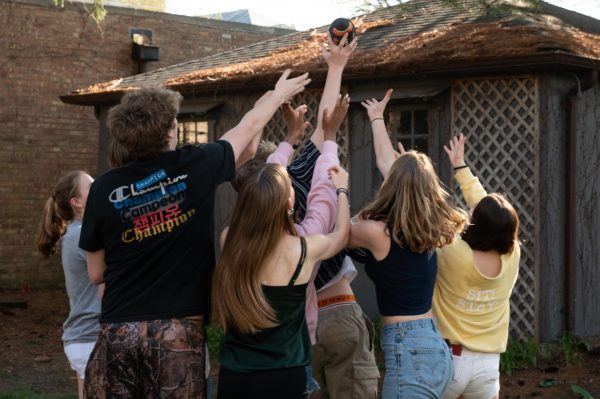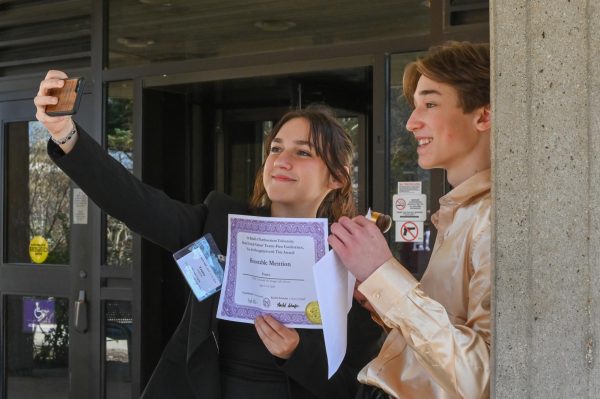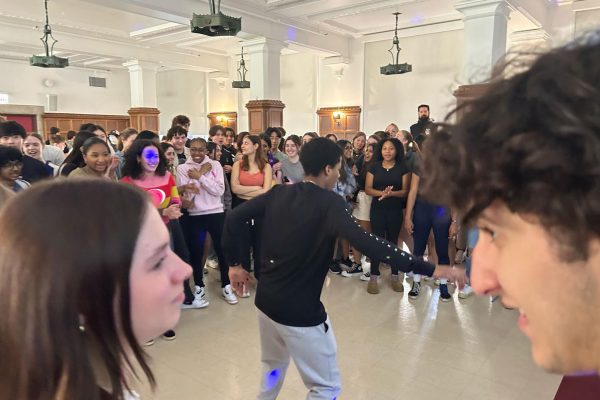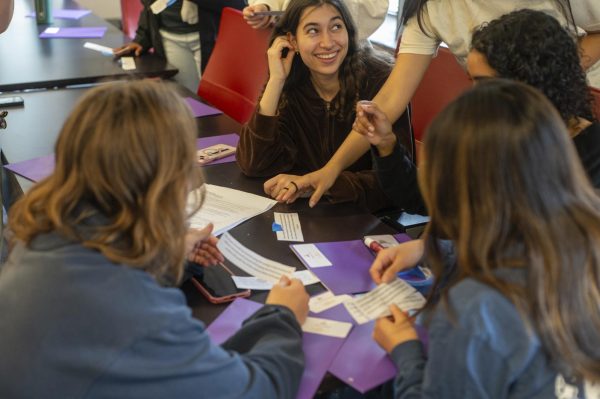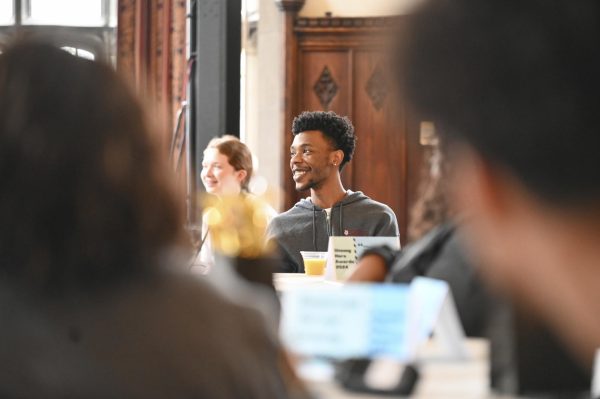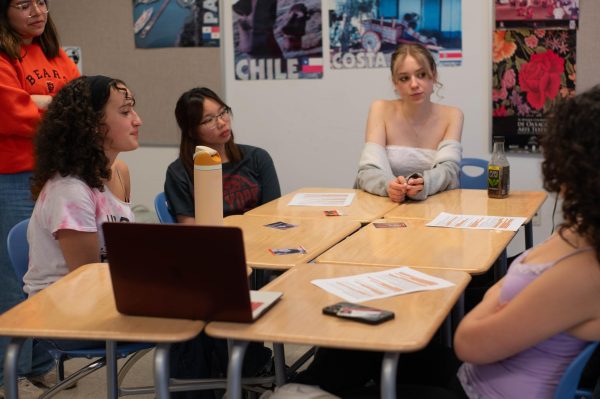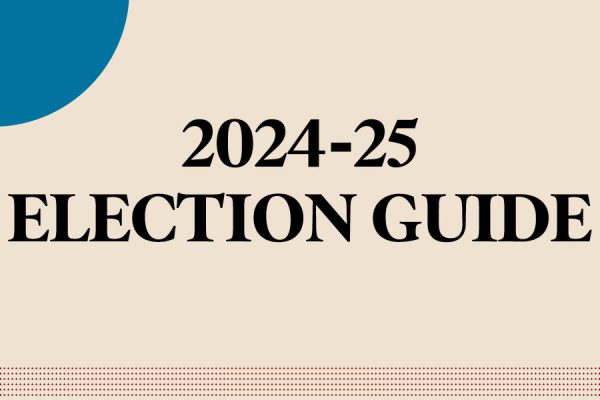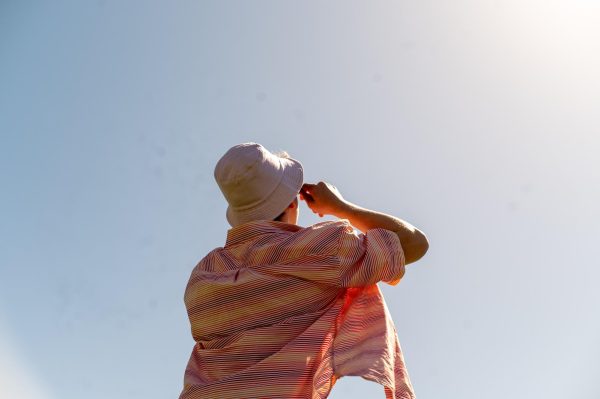Teachers suggest systemic change for more tolerance
May 9, 2018
U-High teachers believe the curriculum needs systemic changes in order to foster a more tolerant environment, and they are not the only ones who think so. Illinois legislators are considering a bill requiring schools to include in history classes the contributions of LGBTQ people.
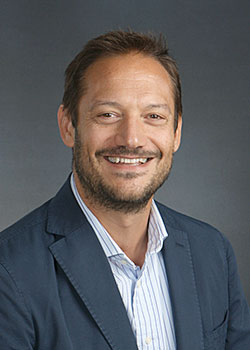
Their call for change follows displays of hate at Lab recently, such as the homophobic slur written on a mural and the swastika scratched in the middle school bathroom. On April 26, Dean of Students Ana Campos published a message in the bulletin saying students had ripped material from the U-High Conservatives’ club board, adding another incident of intolerance to the list.
The bill, SB 3249, passed the state Senate May 2, and if it passes the House, Illinois would join California as the second state to mandate an LGBTQ-inclusive education. The bill is similar to ones requiring education about black, Hispanic, and Asian-American famous figures. Supporters say the bill would decrease bullying in school by increasing representation and providing historical role models, such as social activist Jane Addams, who had an intimate 40-year relationship with Mary Rozet Smith and is in the Chicago LGBT Hall of Fame.
“People need to see their history to understand that they are a part of our society,” Illinois state Senator Heather Steans said in an interview with The Hill.
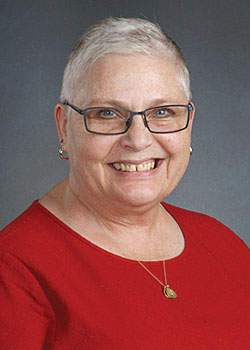
Ian Taylor, an English teacher who also advises the U-High Conservatives, recognizes that seeing a minority group as a concept rather than people is one of the leading causes of intolerance and hate.
“The material that was torn up on the U-High Conservatives board wasn’t controversial or inflammatory, rather it was messages about listening to one another,” Mr. Taylor said. “The reason it was torn up is because it was on the U-High Conservatives board, and other students see that ideology as something they are opposed to.”
Mr. Taylor believes that the curriculums must make time for students to get to know one another and see each other as human beings.
“Taking some time in the classroom to get to know each other is one of the most important things. If we connect on a human level and find what we have in common, it’ll be easier for us to listen to each other,” Mr. Taylor said.
While Jewish Students’ Association adviser Susan Shapiro, a history teacher, believes systemic changes such as mandating discussions about sensitive topics will foster tolerance, she said individual teachers play a key role. She believes it is essential for teachers to be hands-on when facilitating tolerance.
“Whenever there’s a point where I feel like the class is not being accepting of others, I feel like it’s important to step back and evaluate what’s going on. The teacher should be very hands-on in this process,” she said. “At the beginning of the year, I was noticing that kids were having a hard time understanding Judaism because of all the stigma that surrounds it. I had to be firm in helping people understand Jewish thought in a scholarly unbiased way.”







